Should the Tokyo 2020 Olympics be cancelled?
Just days before the opening ceremony a cancellation has not been ruled out
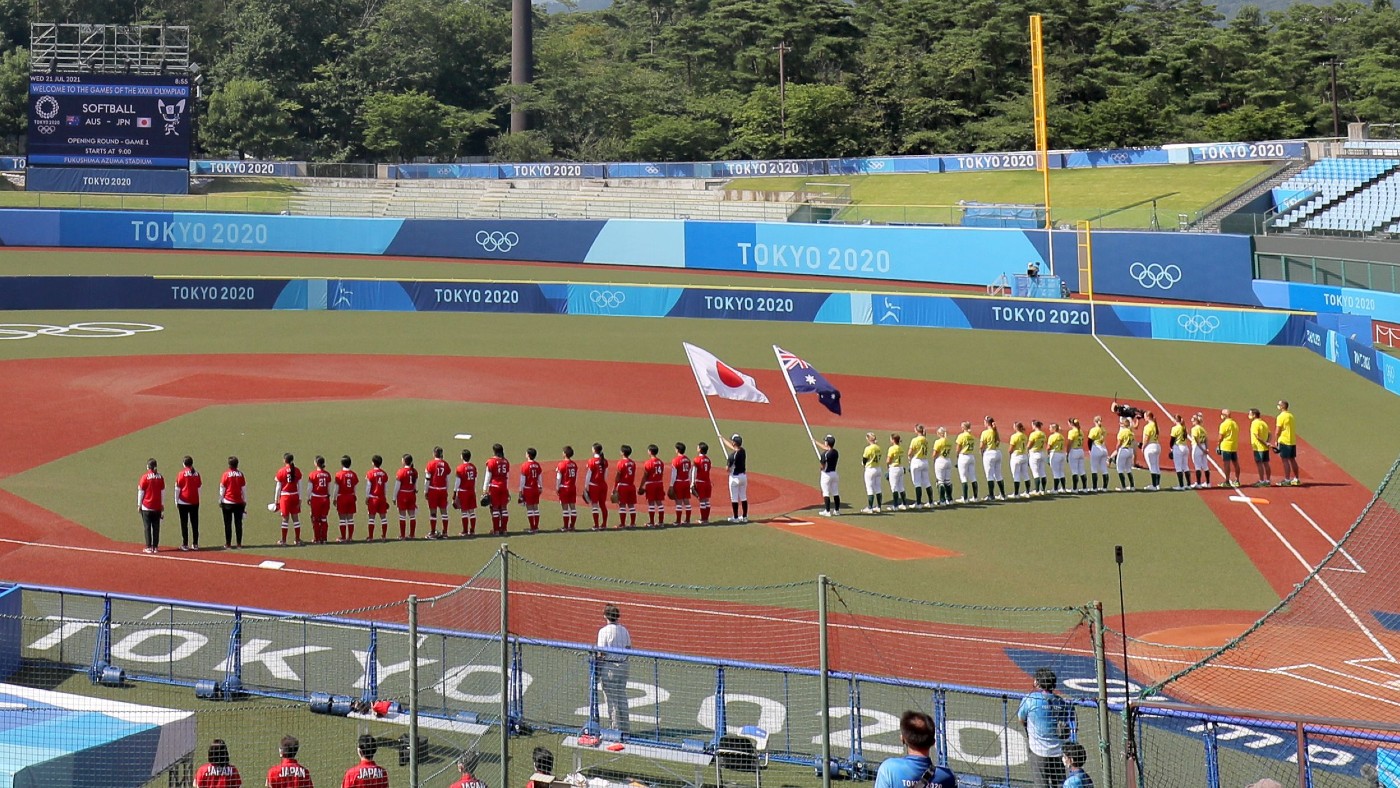
A free daily email with the biggest news stories of the day – and the best features from TheWeek.com
You are now subscribed
Your newsletter sign-up was successful
Even though the games have begun there are major fears that the Tokyo 2020 Olympics could still be cancelled because of rising Covid-19 cases in Japan’s capital, and within the Olympic Village where the athletes and delegates are based.
Already delayed after last summer’s postponement, there’s been months of uncertainty regarding the hosting of sport’s biggest event. On 8 July Tokyo was placed under a fourth state of emergency since the start of the pandemic and, with measures in place until 22 August, this means the summer games will be held without spectators, Kyodo News reports.
There may be no fans at the Olympic venues, but there will be more than 11,000 athletes competing in Tokyo. Since the arrival of the teams and officials 71 people associated with the games have tested positive for Covid-19, including two South African footballers and a Czech beach volleyball player, the BBC reports.
The Week
Escape your echo chamber. Get the facts behind the news, plus analysis from multiple perspectives.

Sign up for The Week's Free Newsletters
From our morning news briefing to a weekly Good News Newsletter, get the best of The Week delivered directly to your inbox.
From our morning news briefing to a weekly Good News Newsletter, get the best of The Week delivered directly to your inbox.
The sporting action started this morning with host nation Japan beating Australia in women’s softball and the opening ceremony is due to be held on Friday. But with just 48 hours until the nations and flag-bearers walk into the Olympic Stadium, Tokyo 2020 is “on a knife edge” and “everyone appears to have the jitters”, says The Guardian’s Sean Ingle.
Conflicting messages
Today host city Tokyo recorded 1,832 positive cases – an increase of nearly 700 and the “sixth highest daily tally ever in the capital”, says the Japan Times. Health experts have warned of a possible “critical” coronavirus situation in Tokyo, as they estimated infections could surge even further in early August during the games.
International Olympic Committee (IOC) president Thomas Bach said yesterday that cancelling the Olympics was “never an option” because “the IOC never abandons the athletes”. However, there appears to be “increasing schism” between the IOC and the Tokyo Organising Committee, The Independent says.
A free daily email with the biggest news stories of the day – and the best features from TheWeek.com
That’s because after Bach’s comments, Tokyo 2020 chief Toshiro Muto would not rule out an “11th-hour cancellation”, Sky Sports reports. Asked at a news conference if the games might still be cancelled Muto said he would keep an eye on infection numbers and hold discussions with organisers if necessary.
“We can’t predict what will happen with the number of coronavirus cases,” Muto said. “So we will continue discussions if there is a spike in cases. We have agreed that based on the coronavirus situation, we will convene five-party talks again. At this point, the coronavirus cases may rise or fall, so we will think about what we should do when the situation arises.”
Dire prediction but a ‘celebration of hope’
Tedros Adhanom Ghebreyesus, the head of the World Health Organization, has predicted that more than 100,000 people globally will die from Covid-19 between now and the end of the Olympic Games.
Speaking at an IOC meeting in Tokyo, Ghebreyesus said “the pandemic is a test and the world is failing”. However, despite his dire predictions he believes the Olympics should go ahead as a “celebration of hope”, Sky News reports.
“The Olympics have the power to bring the world together, to inspire, to show what’s possible,” he said. “May the rays of hope from this land illuminate a new dawn for a healthy, safer and fairer world.”
Mike Starling is the former digital features editor at The Week. He started his career in 2001 in Gloucestershire as a sports reporter and sub-editor and has held various roles as a writer and editor at news, travel and B2B publications. He has spoken at a number of sports business conferences and also worked as a consultant creating sports travel content for tourism boards. International experience includes spells living and working in Dubai, UAE; Brisbane, Australia; and Beirut, Lebanon.
-
 The mystery of flight MH370
The mystery of flight MH370The Explainer In 2014, the passenger plane vanished without trace. Twelve years on, a new operation is under way to find the wreckage of the doomed airliner
-
 5 royally funny cartoons about the former prince Andrew’s arrest
5 royally funny cartoons about the former prince Andrew’s arrestCartoons Artists take on falling from grace, kingly manners, and more
-
 The identical twins derailing a French murder trial
The identical twins derailing a French murder trialUnder The Radar Police are unable to tell which suspect’s DNA is on the weapon
-
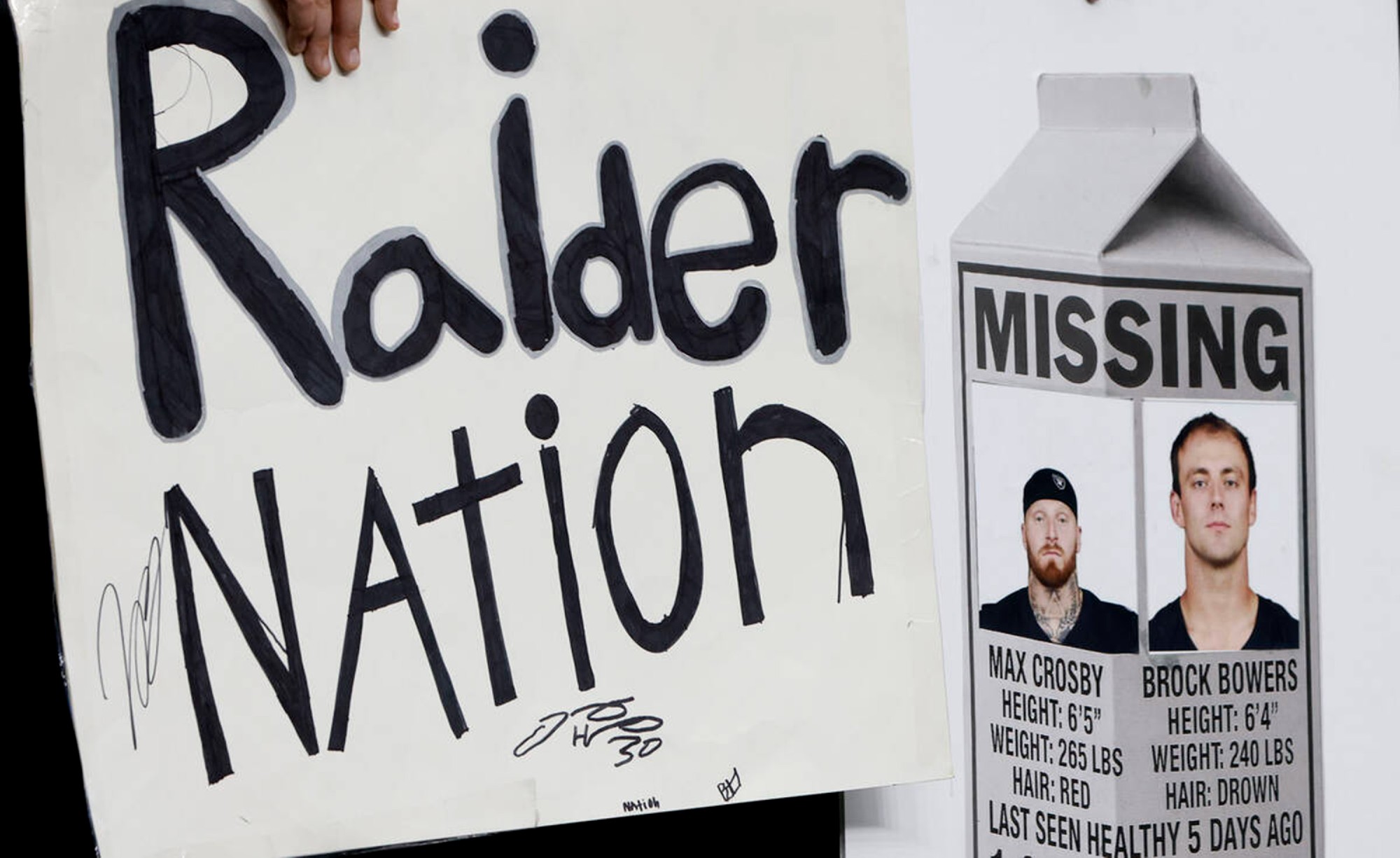 Is tanking ruining sports?
Is tanking ruining sports?Today's Big Question The NBA and the NFL want teams to compete to win. What happens if they decide not to?
-
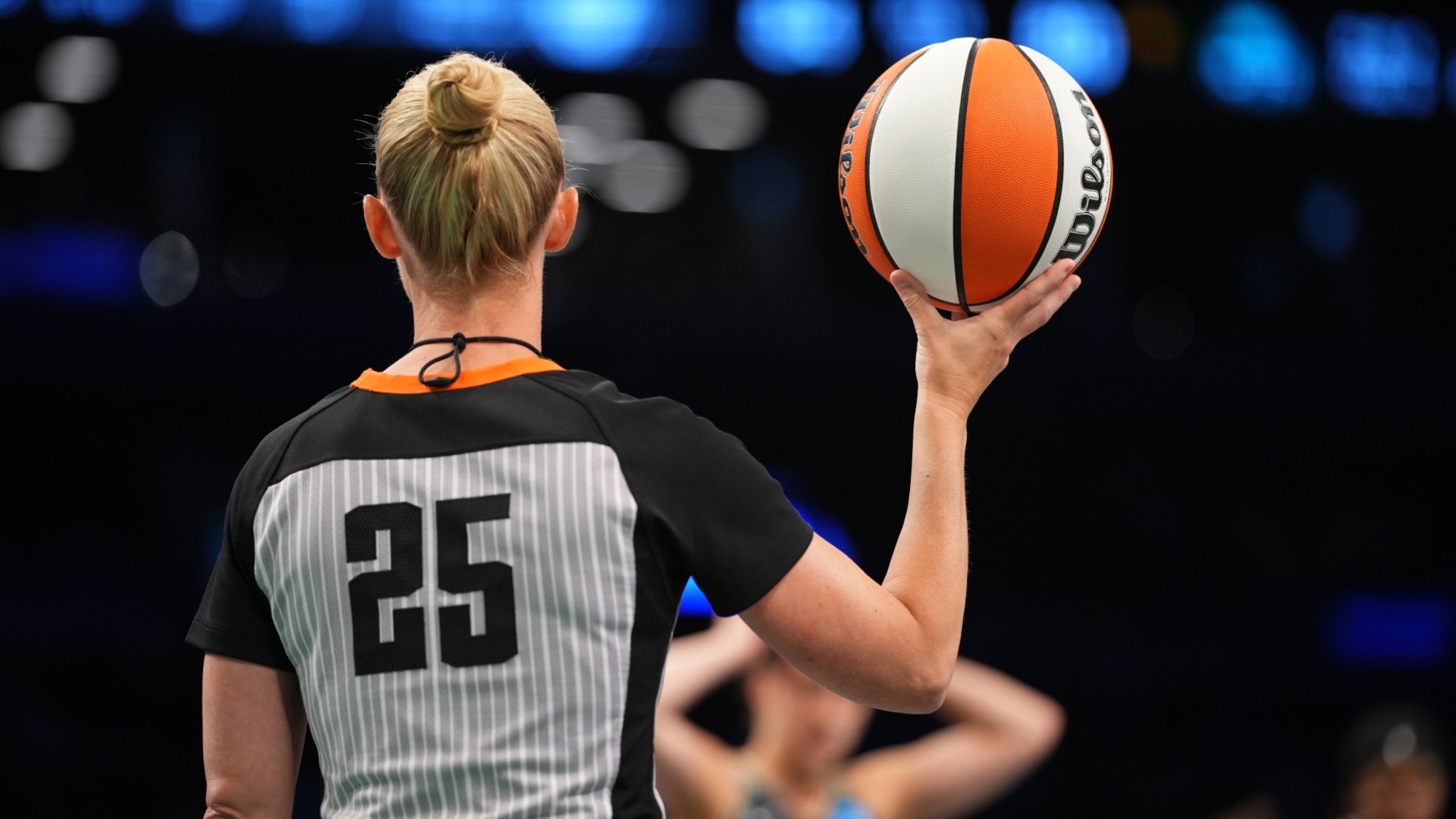 Are referees and 'physicality' hurting the WNBA?
Are referees and 'physicality' hurting the WNBA?Today's Big Question The league is growing, but Caitlin Clark's absence raises questions
-
 Why is the NFL considering banning the 'tush push' play?
Why is the NFL considering banning the 'tush push' play?Today's Big Question The play is widely used by the Philadelphia Eagles, to other teams' chagrin
-
 How is March Madness changing in the era of NIL and sports betting?
How is March Madness changing in the era of NIL and sports betting?Today's Big Question College sports has experienced a revolution. NIL payments are letting players get paid. The rise of sports betting has brought new pressures to the game.
-
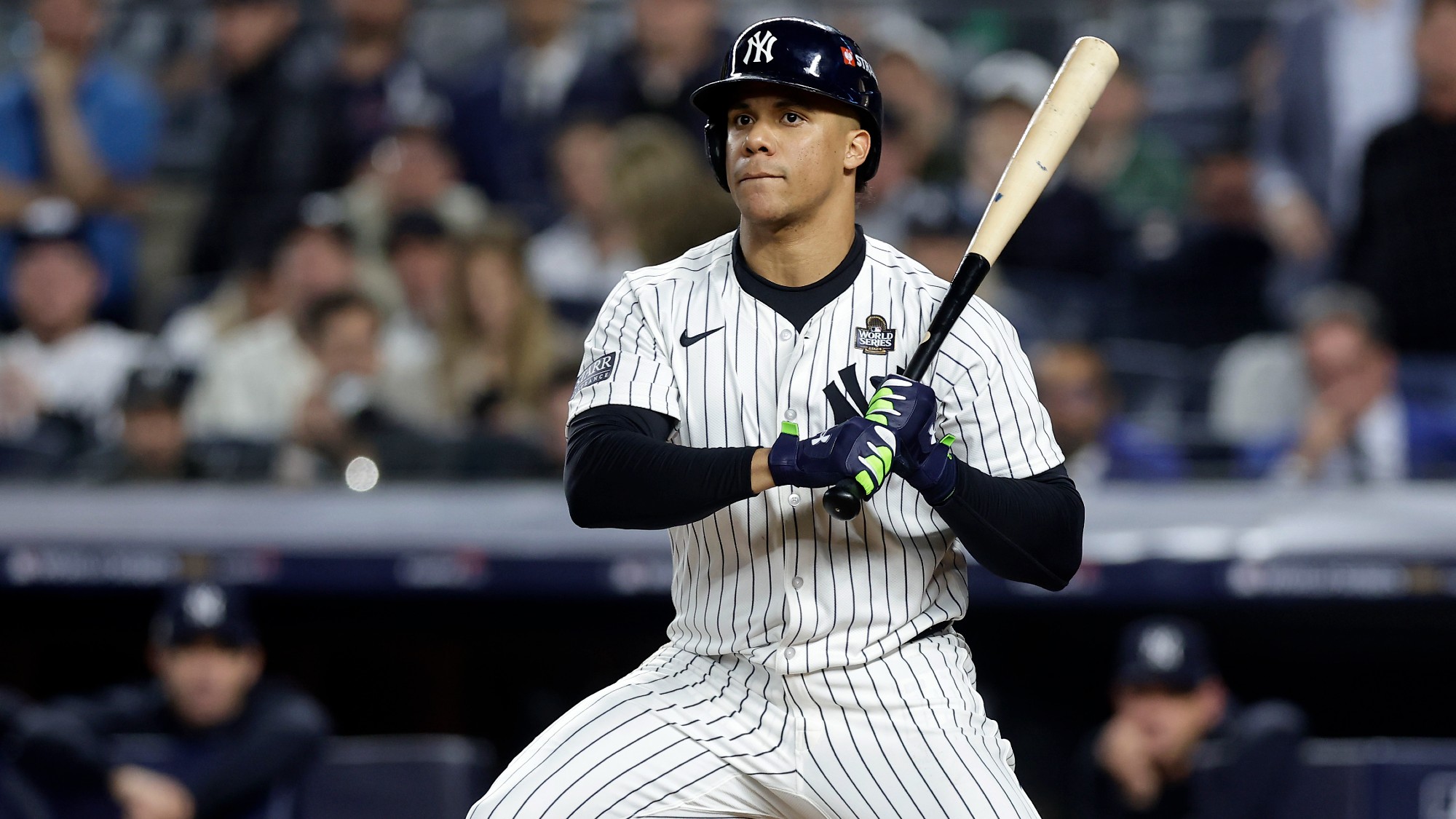 How much is Juan Soto worth?
How much is Juan Soto worth?Today's big question Will the New York Mets regret the record-setting mega-contract signed by the coveted outfielder?
-
 Saudi Arabia World Cup: have lessons been learned from Qatar?
Saudi Arabia World Cup: have lessons been learned from Qatar?Today's Big Question Human rights groups fear a repeat of issues at the 2022 tournament
-
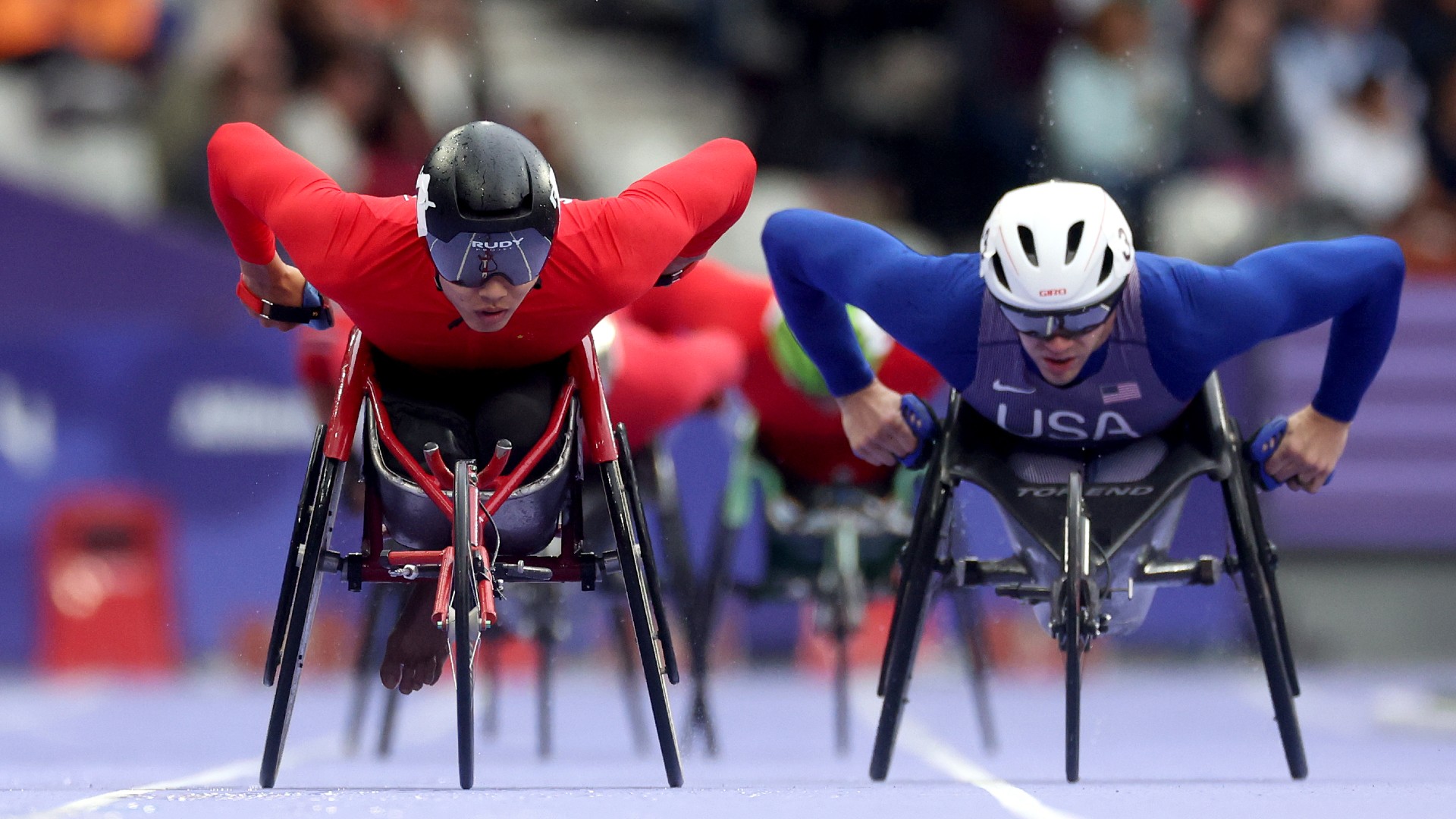 Paralympics: can Team USA turn things around for Los Angeles 2028?
Paralympics: can Team USA turn things around for Los Angeles 2028?Today's Big Question Beijing and London offer model for how hosting can lead to medal success as China maintains dominance
-
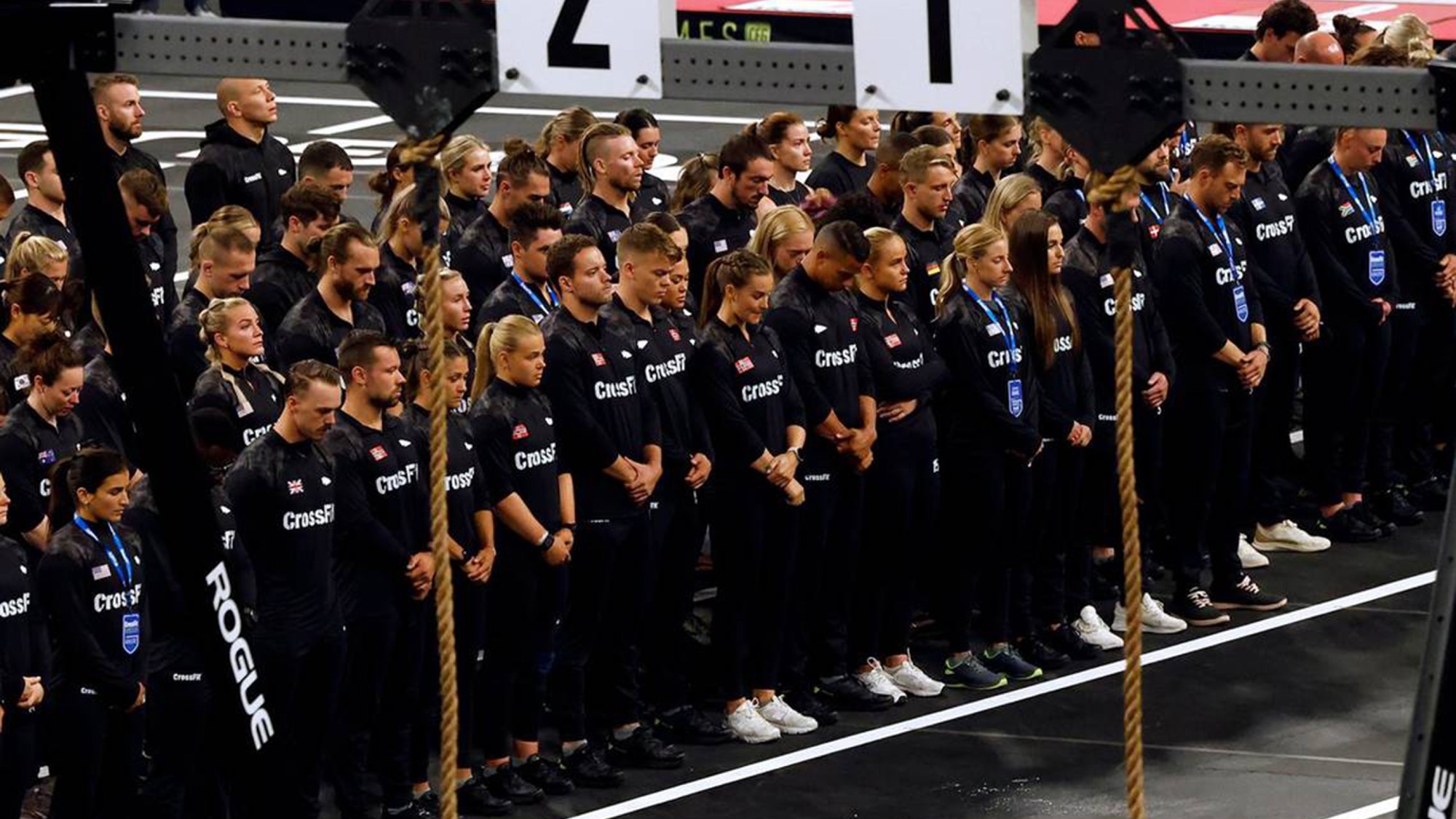 Will a death at the CrossFit Games change the sport?
Will a death at the CrossFit Games change the sport?Today's Big Question CrossFitter Lazar Dukic drowned during a competition earlier this month